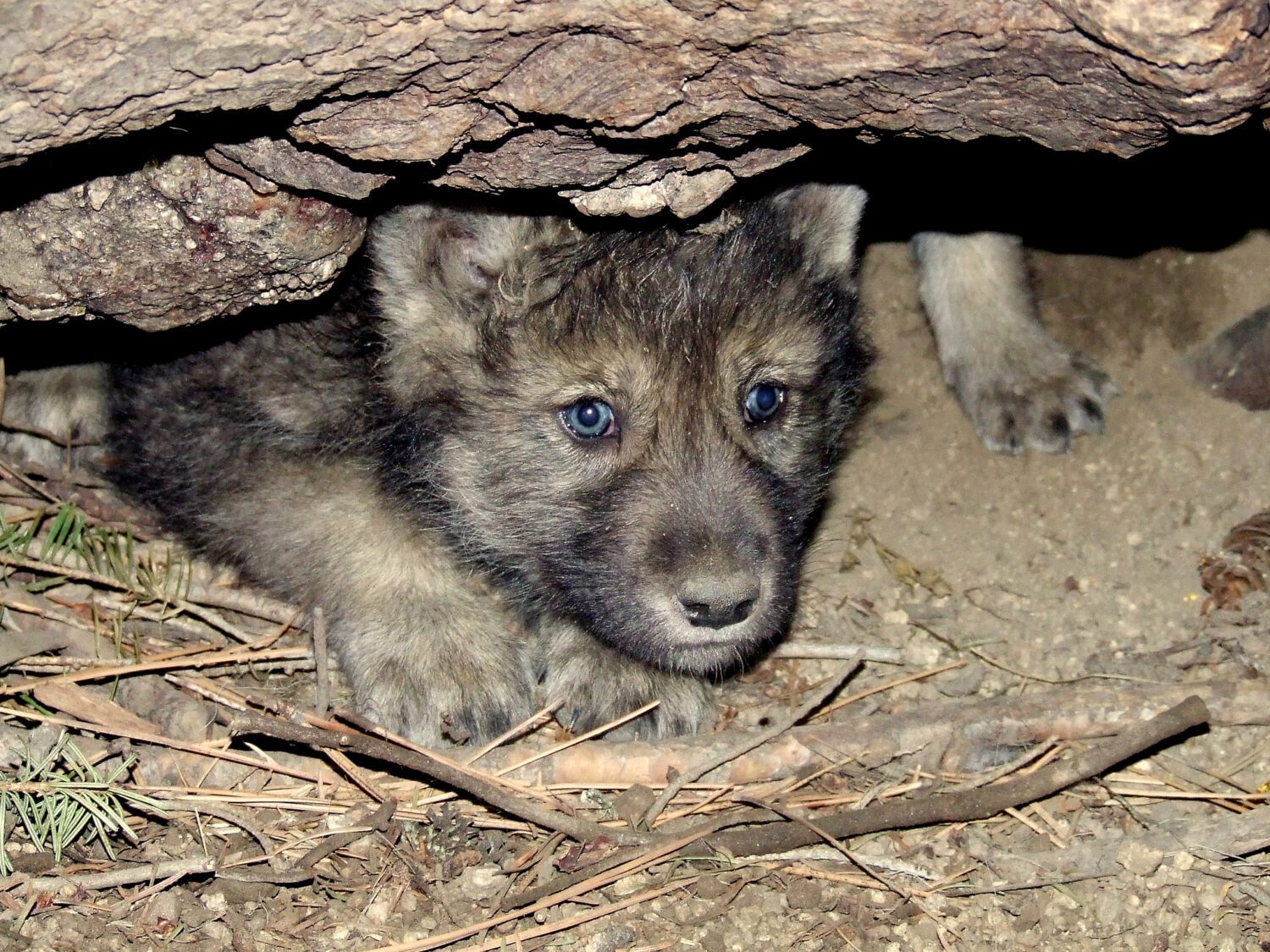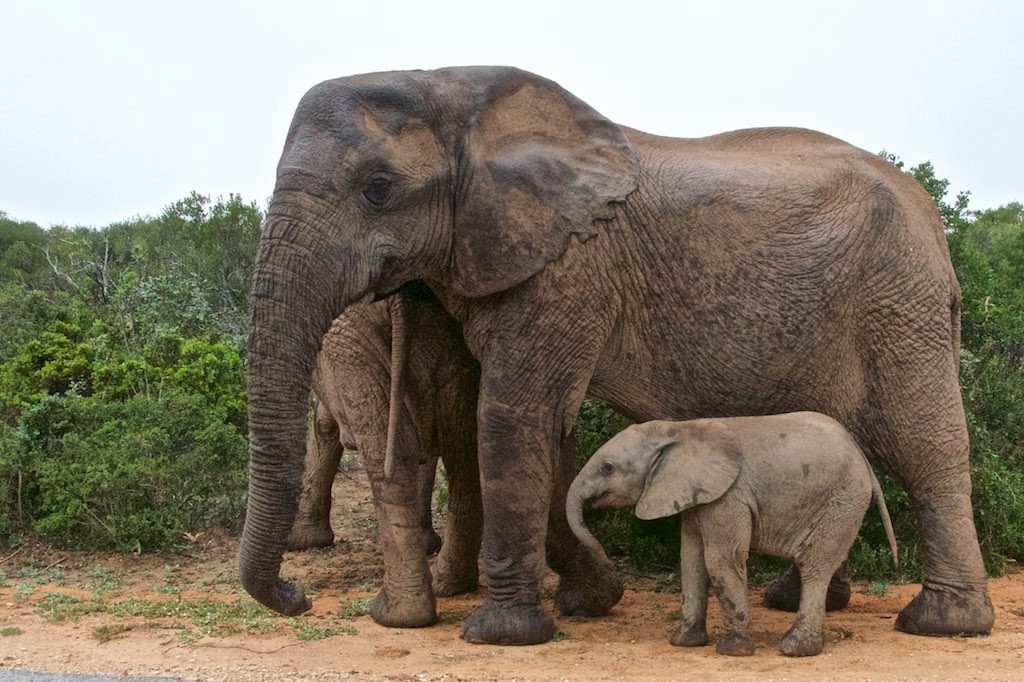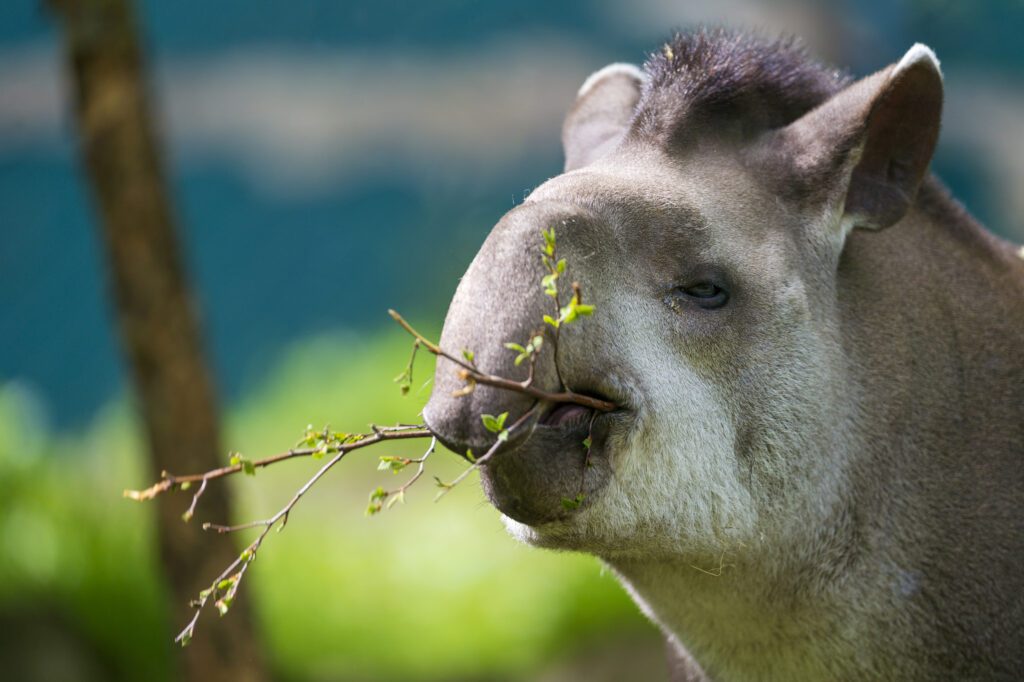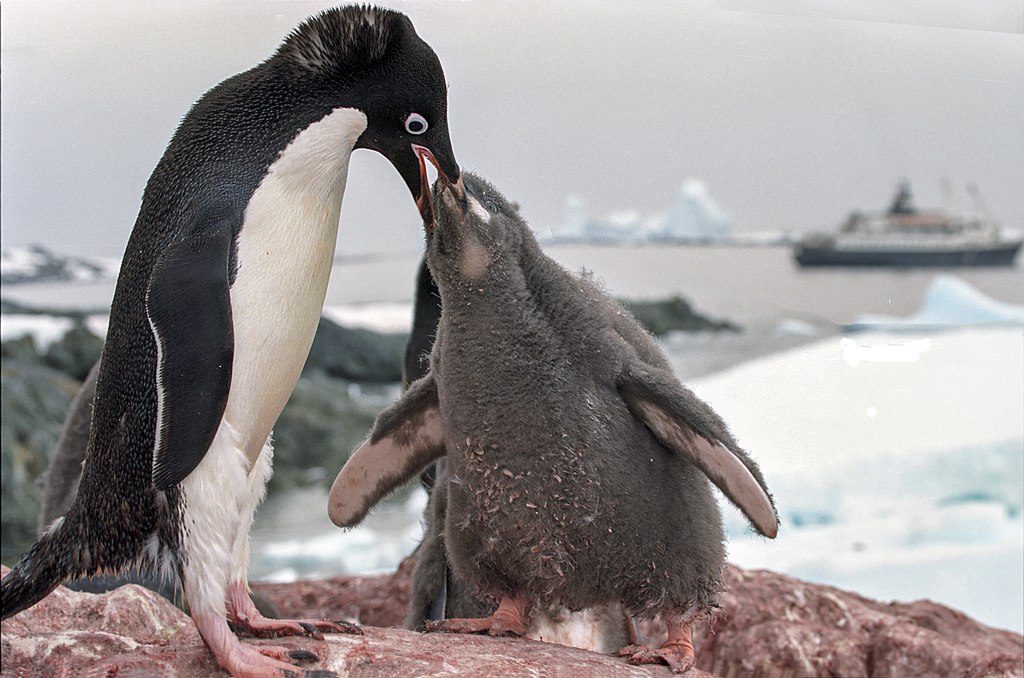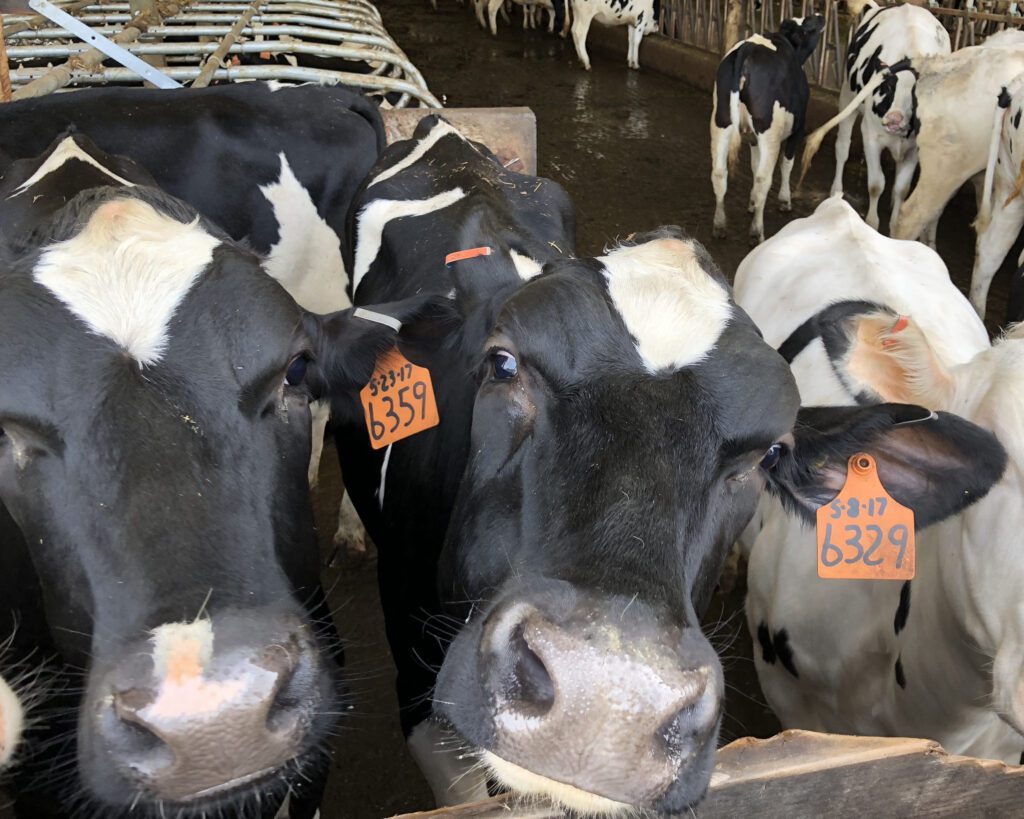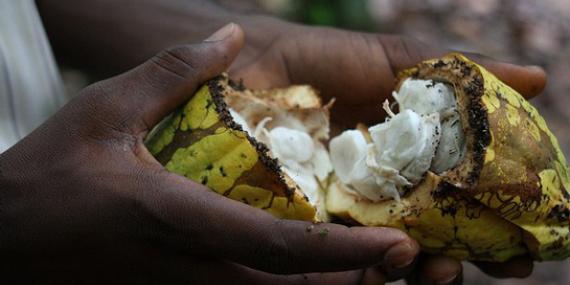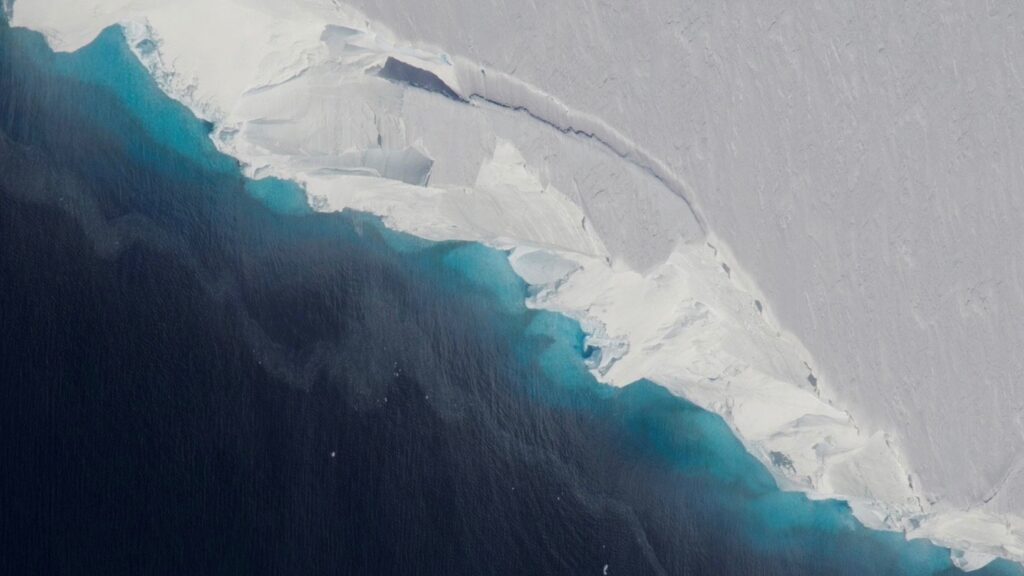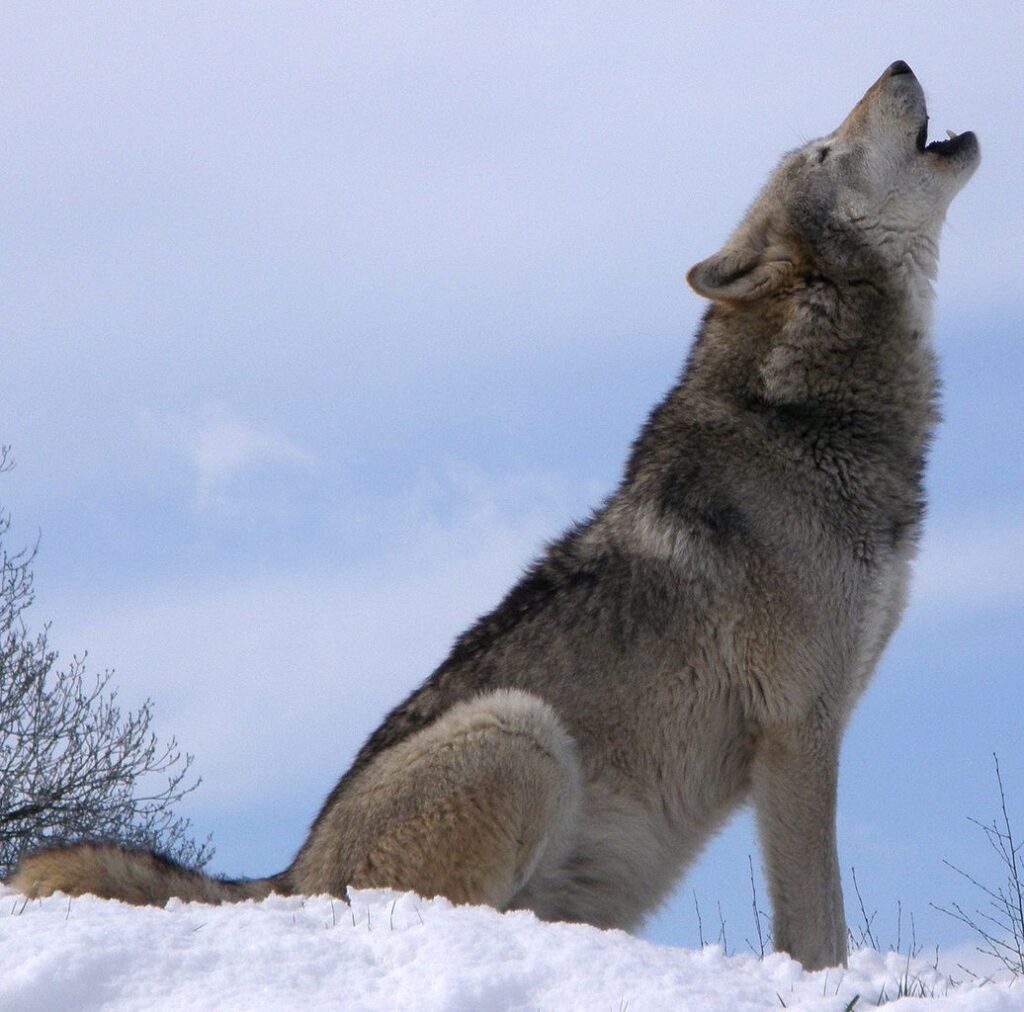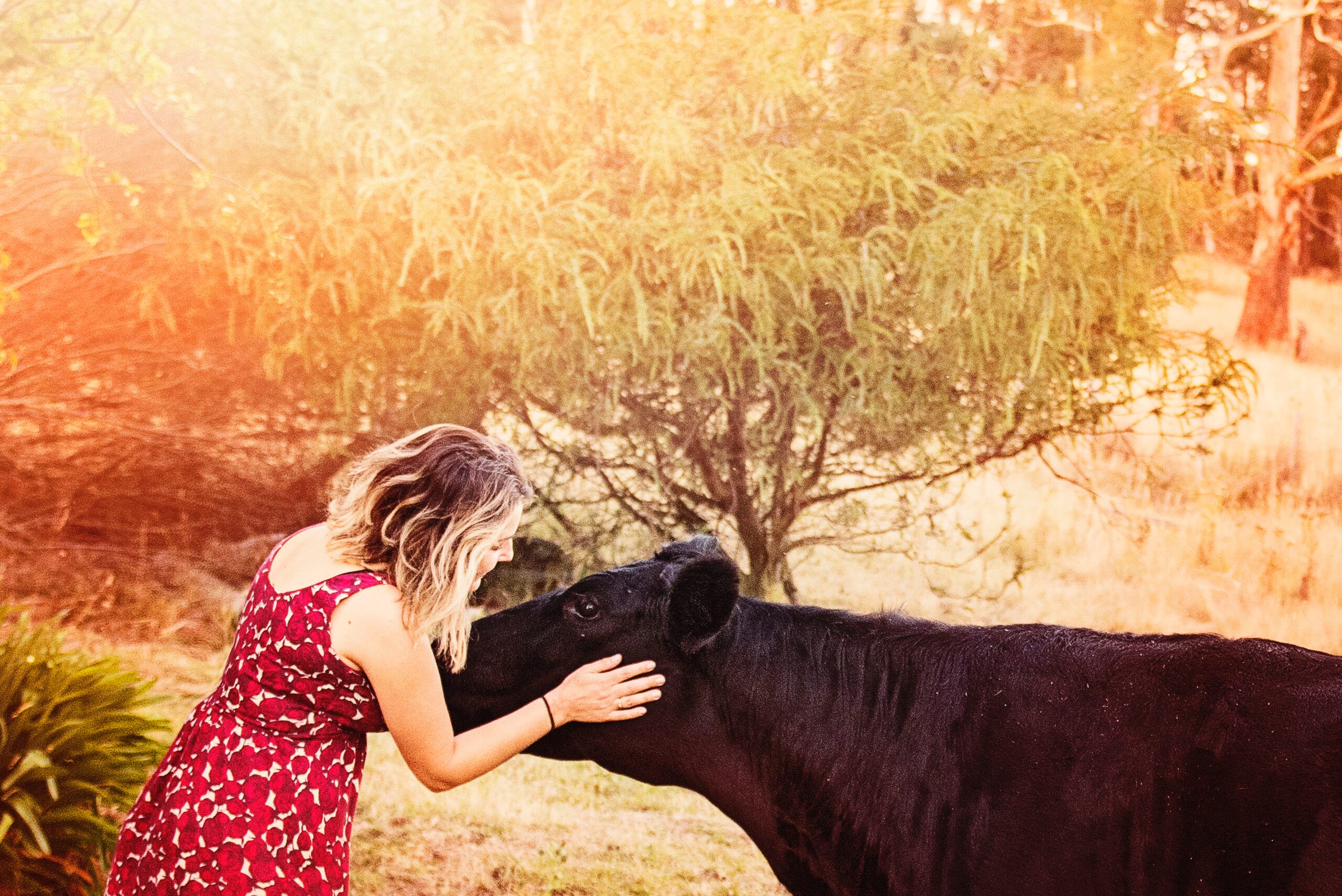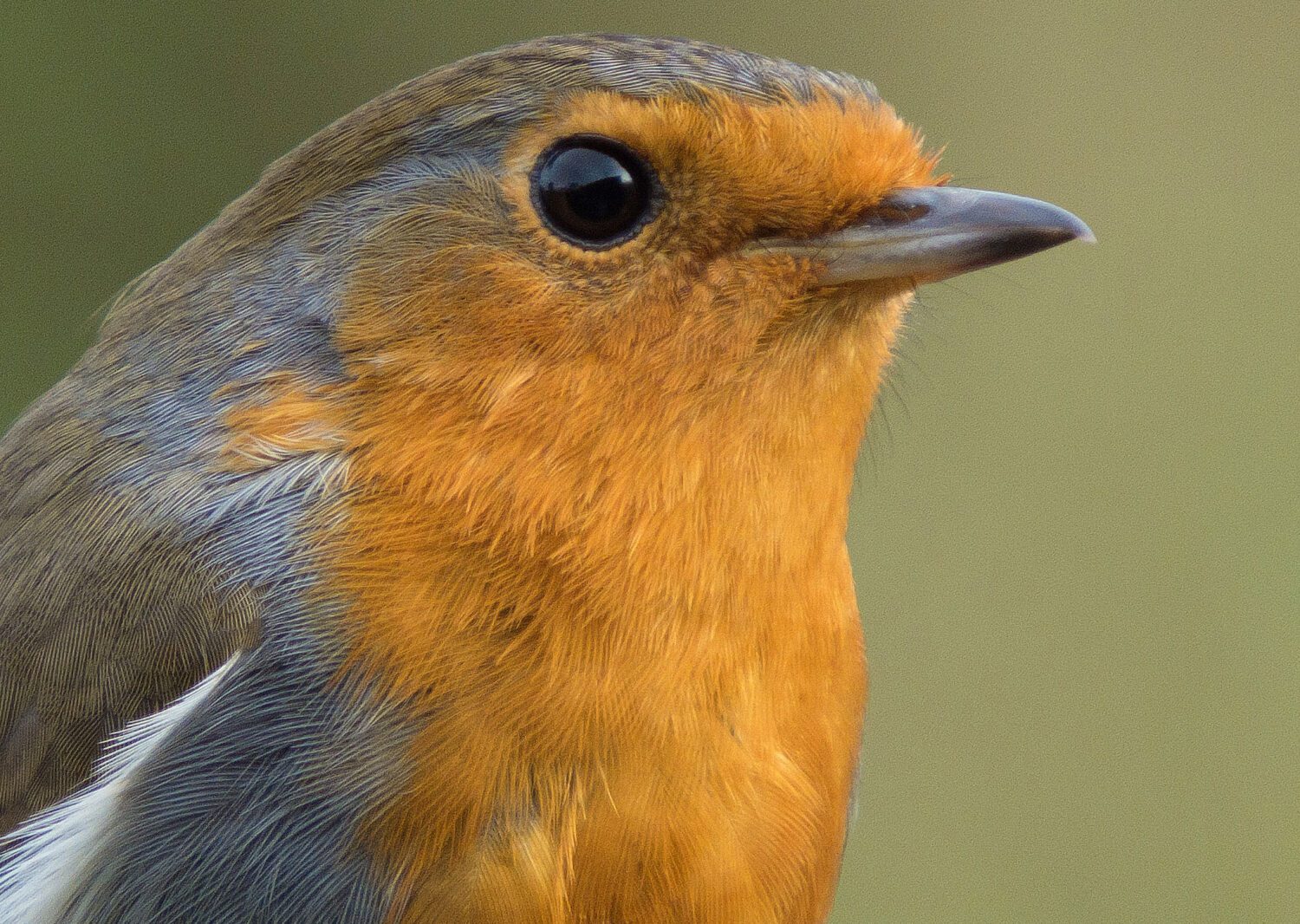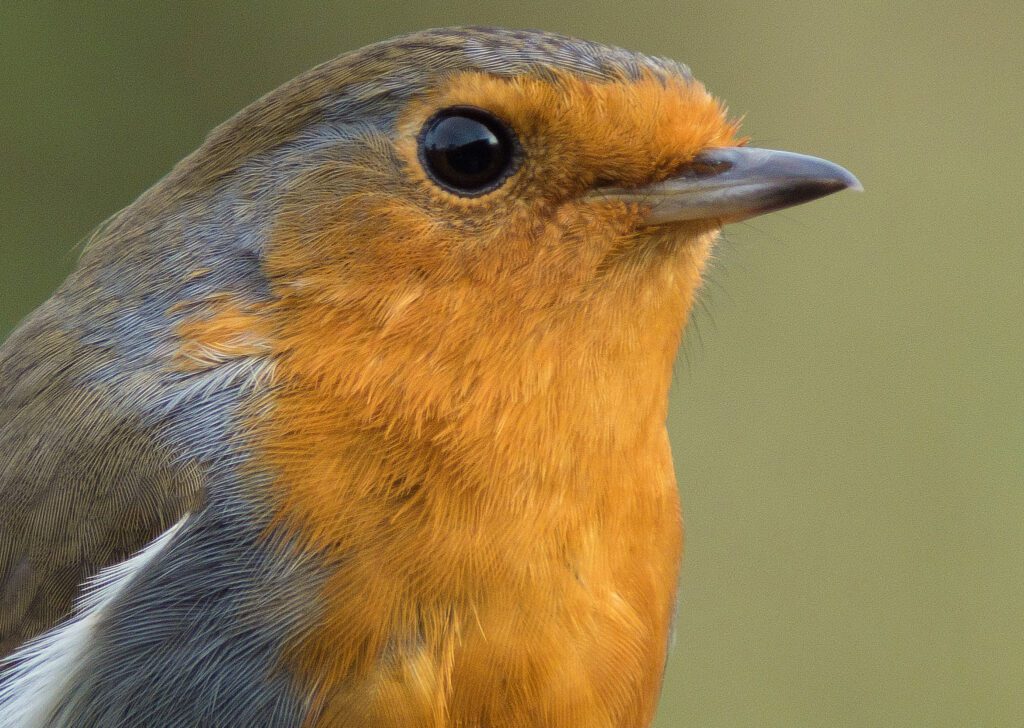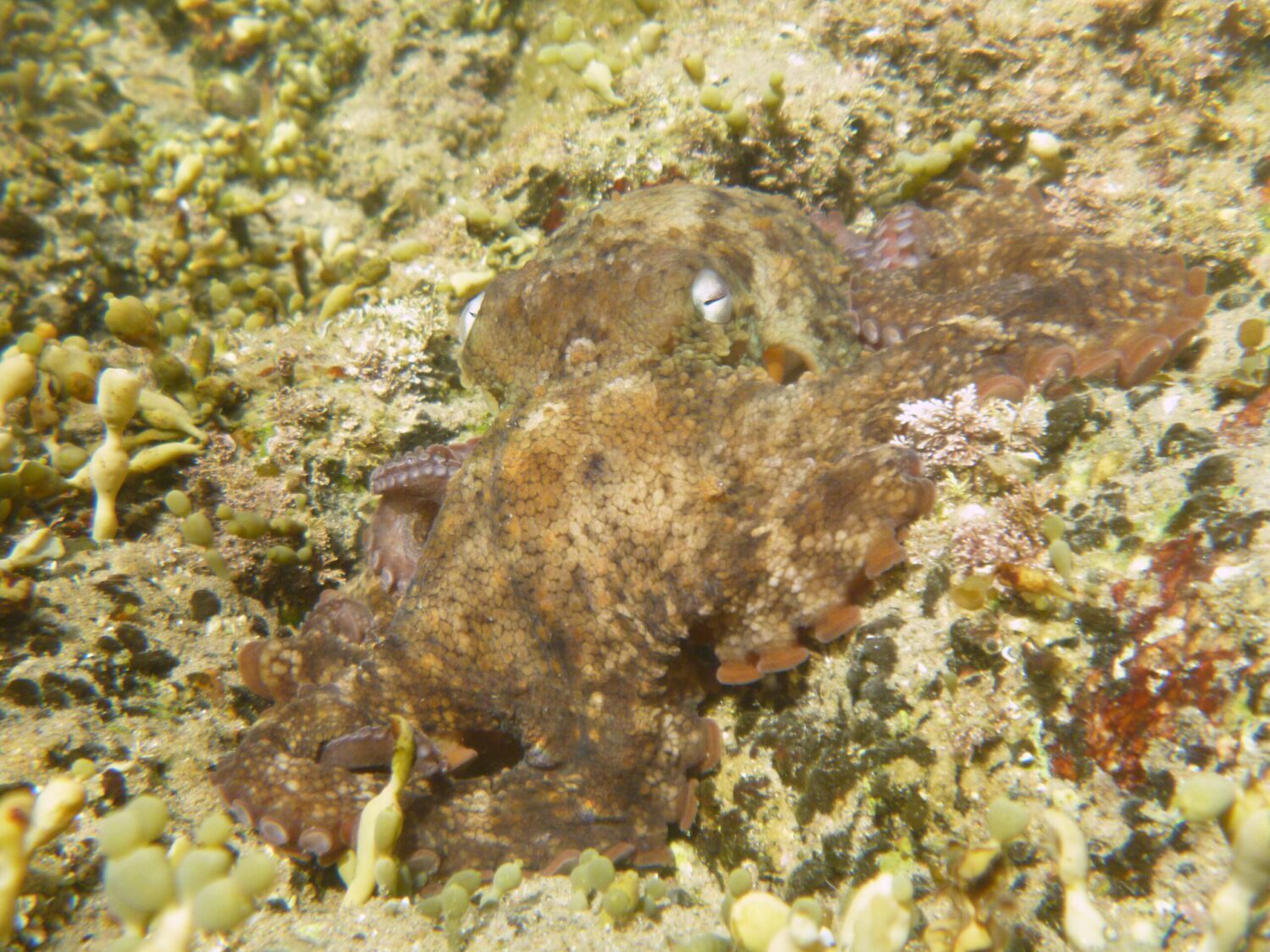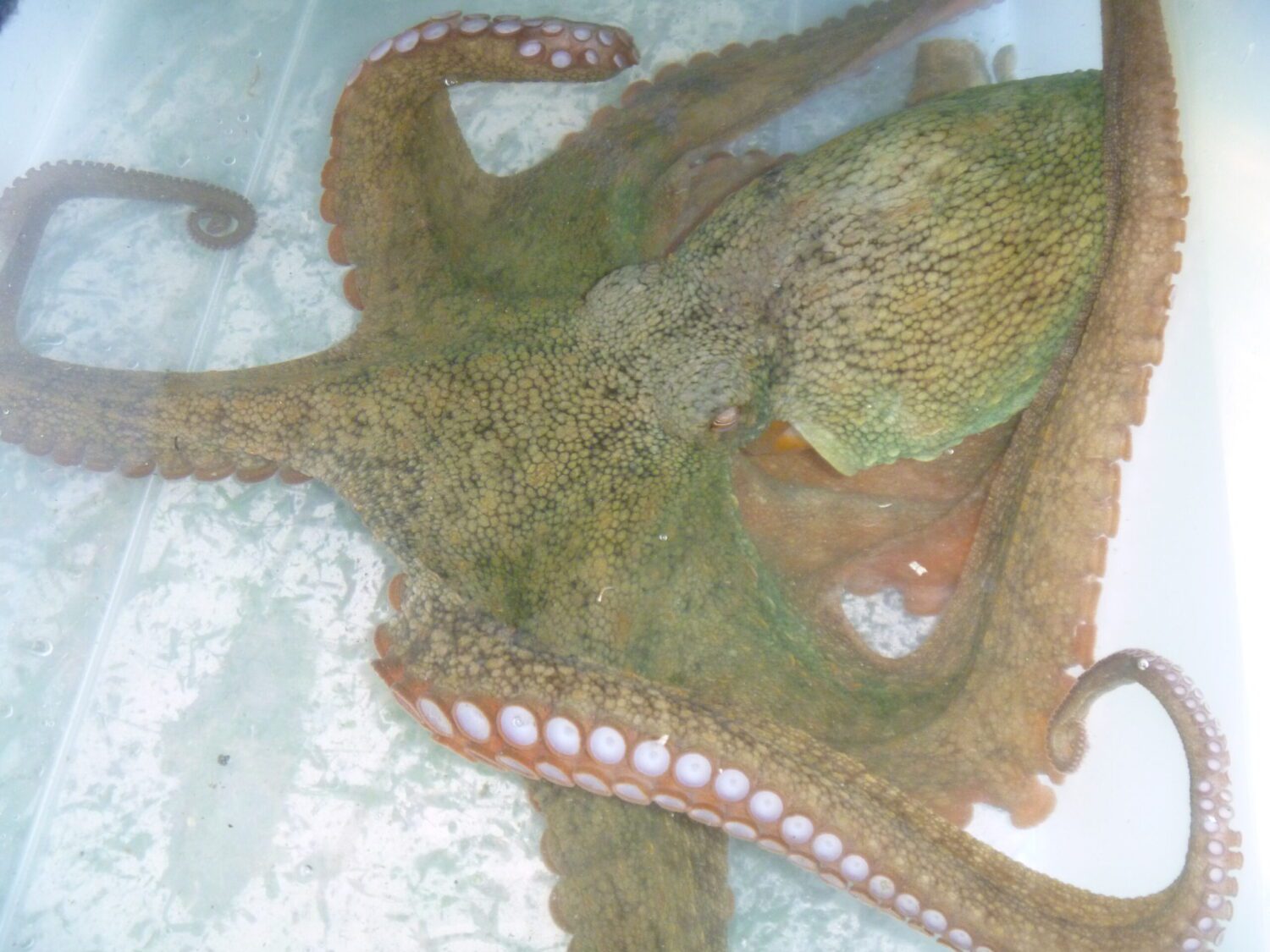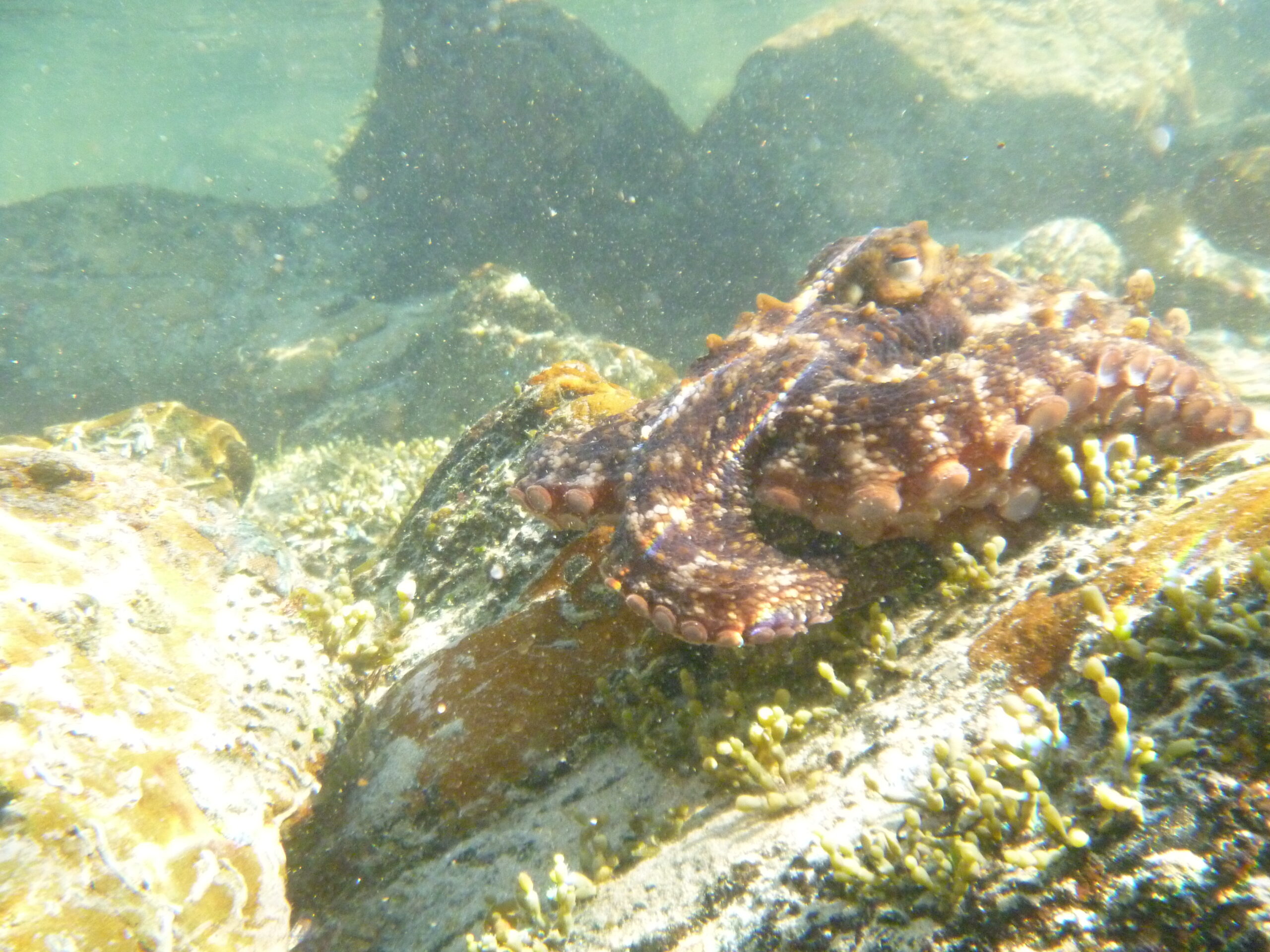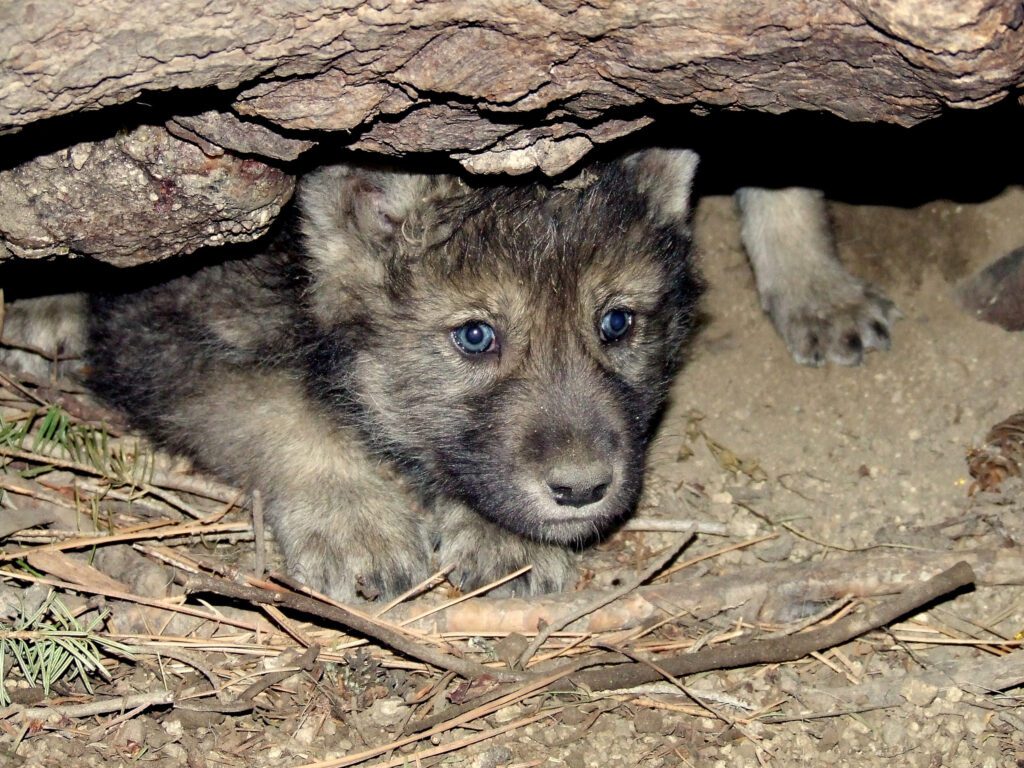
![]()
Center for Biological Diversity: Washington state is going on a killing-spree of endangered wolves, and it must be stopped. Last year, over Labor Day weekend, a helicopter sniper gunned down the sole adult male wolf of the Togo pack. He was the devoted father to two pups seen in this video. In a sick twist, the state admitted that killing him could force the remaining adult female to hunt livestock to feed the pups. In effect, the state has set her up to have conflicts with livestock, knowing they could kill her and the two pups next. Just weeks later, a sniper in a helicopter shot and killed a five-month-old wolf pup from the Old Profanity Territory pack. These wolves are living in the exact territory where the state slaughtered seven wolves from the Profanity Peak pack in 2016—leaving just one female to fend for herself with three pups. The state has killed 16 state-endangered wolves from four different packs, all at the bidding of a single cattle business. Another three were killed for other livestock operations. It’s a bloody legacy that can’t continue.
>>>Urge Washington Department of Fish and Wildlife Director Kelly Susewind to stop killing endangered wolves just to line the pockets of a handful of cattle businesses.
Change: Those who want to protect the last slice of untouched nature in the U.S. from oil exploitation are running out of time. The Arctic Slope Regional Corporation is aggressively lobbying to open the Arctic National Wildlife Reserve (ANWR) to oil drilling—and they just might get their way. There is still time for those who want to protect the land and animals of ANWR to make their voices heard. Sign and share this petition before March 13th—when the time for public input comes to an end.
>>>Tell the Arctic Slope Regional Corporation to get out of ANWR.
League of Conservation Voters: The Trump administration is attacking the nation’s most essential clean water safeguards. By stripping bedrock protections for streams and wetlands, the EPA’s plan exposes drinking water sources to toxic pollution from oil and gas drilling, development and other sources. The agency is now accepting public comments, and it’s critical that voters show strong opposition now.
>>>Tell Trump’s EPA that you oppose their “Dirty Water” Rule.
Care2: Pigs are some of the most intelligent and sensitive animals on Earth. They even have the intelligence of a three-year-old human. Yet, they are treated like objects to be tortured, slaughtered and consumed as food. Thirty-eight states in the U.S. still allow farmers to keep sows used for breeding in cages called gestation crates. These crates are so tiny the pigs can’t even turn around. Then they are repeatedly, forcibly impregnated and made to give birth. It’s cruel and it must end.
>>>Urge the 38 states without laws against gestation crates to pass them.
PETA: According to documents obtained by PETA and disturbing reports from a whistleblower, the Louisiana State University (LSU) School of Veterinary Medicine has, for years, purchased dogs from a local animal shelter for use in deadly training laboratories. Worse yet, it appears that the shelter was knowingly cooperating with this deadly practice, marking the dogs it supplied to LSU as “releases” in its records and advertising that at least some of the dogs had been “adopted,” perhaps as part of a deceptive scheme to manipulate its shelter statistics.
>>>Urge LSU to end its practice of purchasing dogs from shelters for use in deadly training exercises.
This is not good…
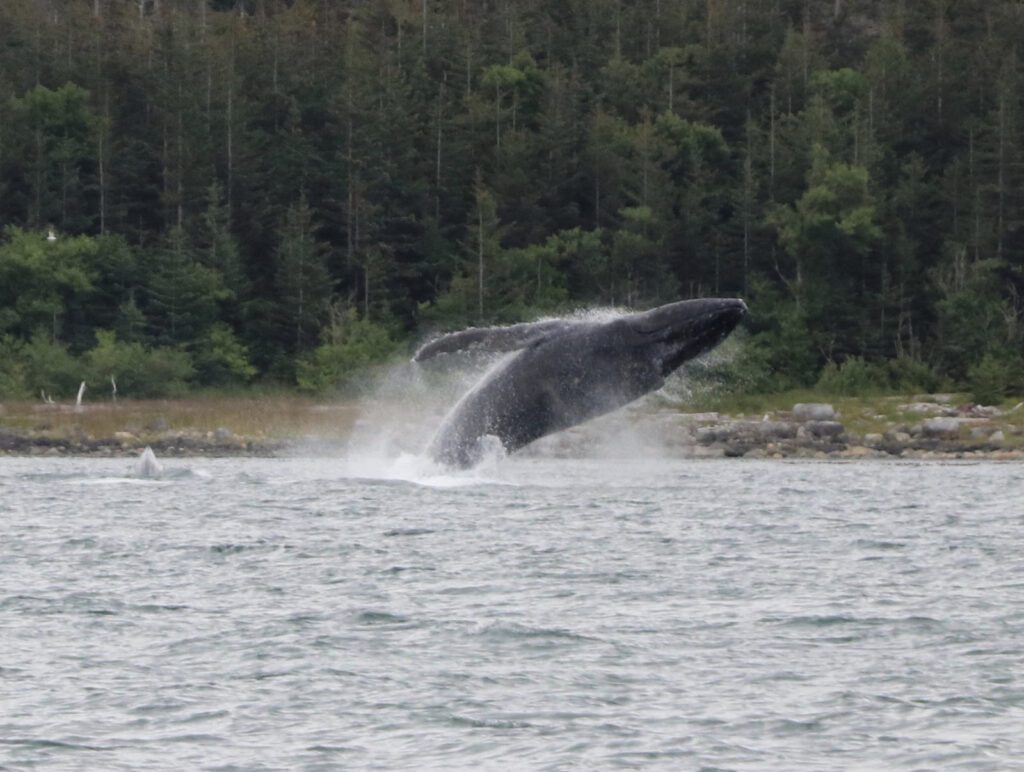
- Oceans are getting louder, disrupting migration, reproduction and communication of marine life (Jim Robbins, New York Times)
- If emissions aren’t curbed, clouds may disappear (Dahr Jamail, Truthout)
- Youth climate activists arrested for sit-in at Mitch McConnell’s office (Jessica Corbett, Common Dreams)
- Glyphosate found in 19 of 20 beers and wines tested (Olivia Rosane, EcoWatch)
- With Monsanto and glyphosate on the run, AAAS revokes award to scientists whose studies led to ban on weedkiller in Sri Lanka and other countries (Russell Mokhiber, Counterpunch)
Round of applause…
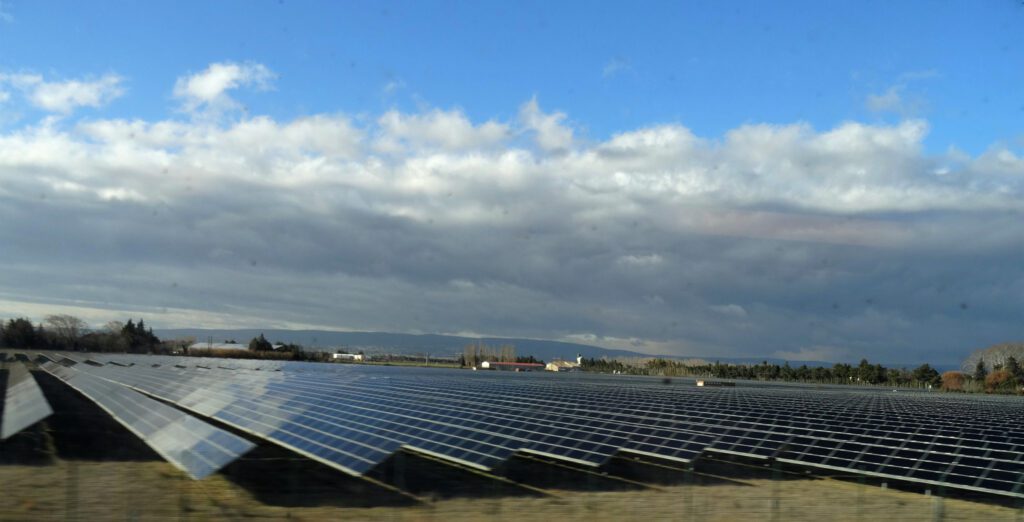
- CO2 emissions fall in 18 developed countries with strong policies, study finds (Nicole Mortillaro, CBC News)
- After more than 205,000 people signed a petition, Coca-Cola ended its sponsorship of cruel Iditarod sled dog race (PETA)
- Baby elephant reunited with mother after being separated by the tourism industry for three years: Video (One Green Planet)
- Florida pulls Keys’ ospreys from endangered animals list as numbers climb statewide (Jenny Staletovich, Miami Herald)
- Five ways you can help animals in need without donating money (Shan Gomes, The Dodo)
- South Korea is turning away from the dog meat trade (Yoonjung Seo and Paula Hancocks, CNN)
- Selfridges to stop selling exotic animal skins (Mattha Busby, The Guardian)
- A moral psychologist examines common objections to cultured meat and why they’re not logical (Matti Wilks, The Conversation)
Parting thought…
“I have from an early age abjured the use of meat, and the time will come when men such as I will look upon the murder of animals as they now look upon the murder of men.” —Leonardo da Vinci
